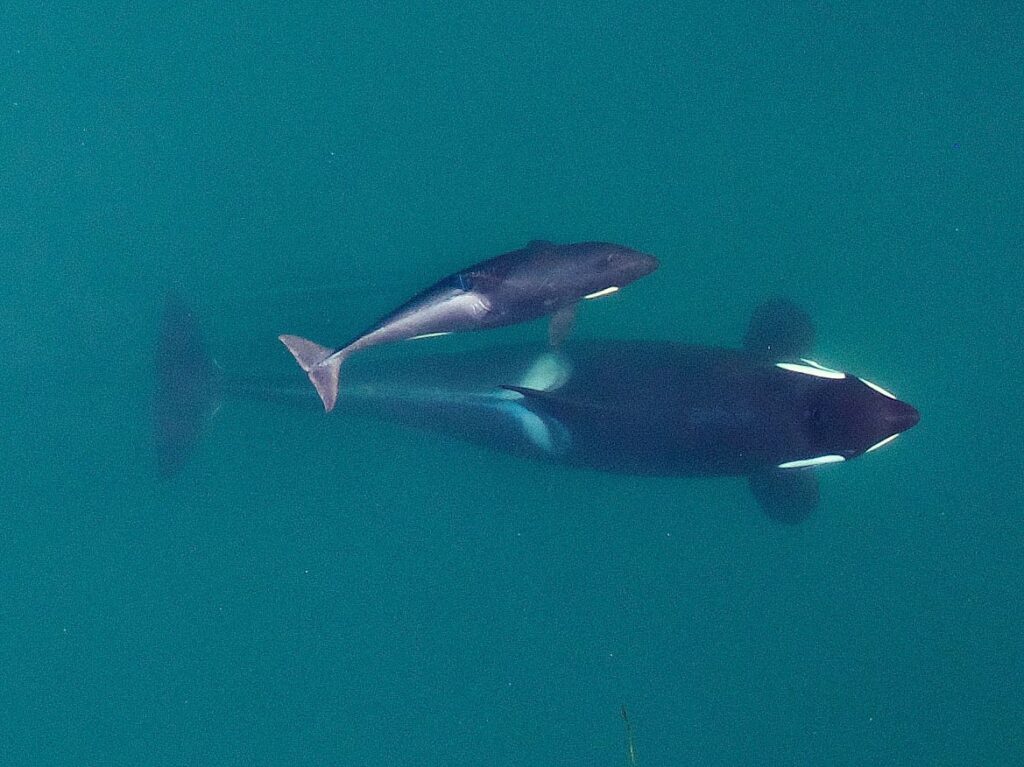
On June 28, NEDC and a coalition of conservation groups filed a formal notice of our intent to sue the Federal Emergency Management Agency over its failure to protect threatened floodplain-dependent salmon, steelhead, and orcas in Oregon.
FEMA’s National Flood Insurance Program (“NFIP”) provides taxpayer-subsidized flood insurance for structures in high-hazard, flood-prone areas that private insurers won’t cover. The program is intended to provide federal flood insurance and reduce loss of life and property to floods by improving floodplain management. Despite its intent, the program has led to increased development in floodplains, placed people in harm’s way, destroyed valuable habitat for endangered species, and left taxpayers with an ever-growing bill to cover flood damage. The program is $22 billion in debt, and in 2022 taxpayers paid more than $280 million in interest on that debt.
This new legal action follows a 2009 lawsuit brought by NEDC and our allies, regarding FEMA’s failure to consult with the National Marine Fisheries (“NMFS”) on the insurance program’s impacts to species listed under the Endangered Species Act. That case led to a settlement agreement requiring formal ESA consultation between FEMA and NMFS, and the resulting Biological Opinion was released in April 2016.
NMFS concluded in its 2016 BiOp that FEMA’s implementation of the NFIP in Oregon jeopardized the survival and recovery of protected species through poor floodplain management and by encouraging development in floodplains. This rare “jeopardy opinion” spoke to the seriousness of the program’s harm to imperiled species.
The BiOp recommended several changes to the NFIP to comply with the ESA, including updating flood maps, developing new criteria to limit floodplain development and more fully mitigate harm when development does occur, and improving reporting and enforcement. FEMA has failed to make these changes, and this failure is at the heart of NEDC and our partners’ new notice of intent to sue.
“NMFS articulated a clear path forward that is mutually beneficial to species and communities,” said Mary Stites, attorney at the Northwest Environmental Defense Center. “It is critical that FEMA follow that path. We should not be incentivizing floodplain development that harms ecosystems, nor should we be subsidizing development that exposes communities to severe flooding events. Implementation of NMFS’ recommended measures is crucial to protect these species and to promote equitable climate resiliency.” Sixteen salmonid species are imperiled by the flood insurance program, as well as the southern eulachon and the salmonid-dependent Southern Resident orca.
Our coalition in this case includes NEDC, Center for Biological Diversity, Willamette Riverkeeper, and The Conservation Angler.

